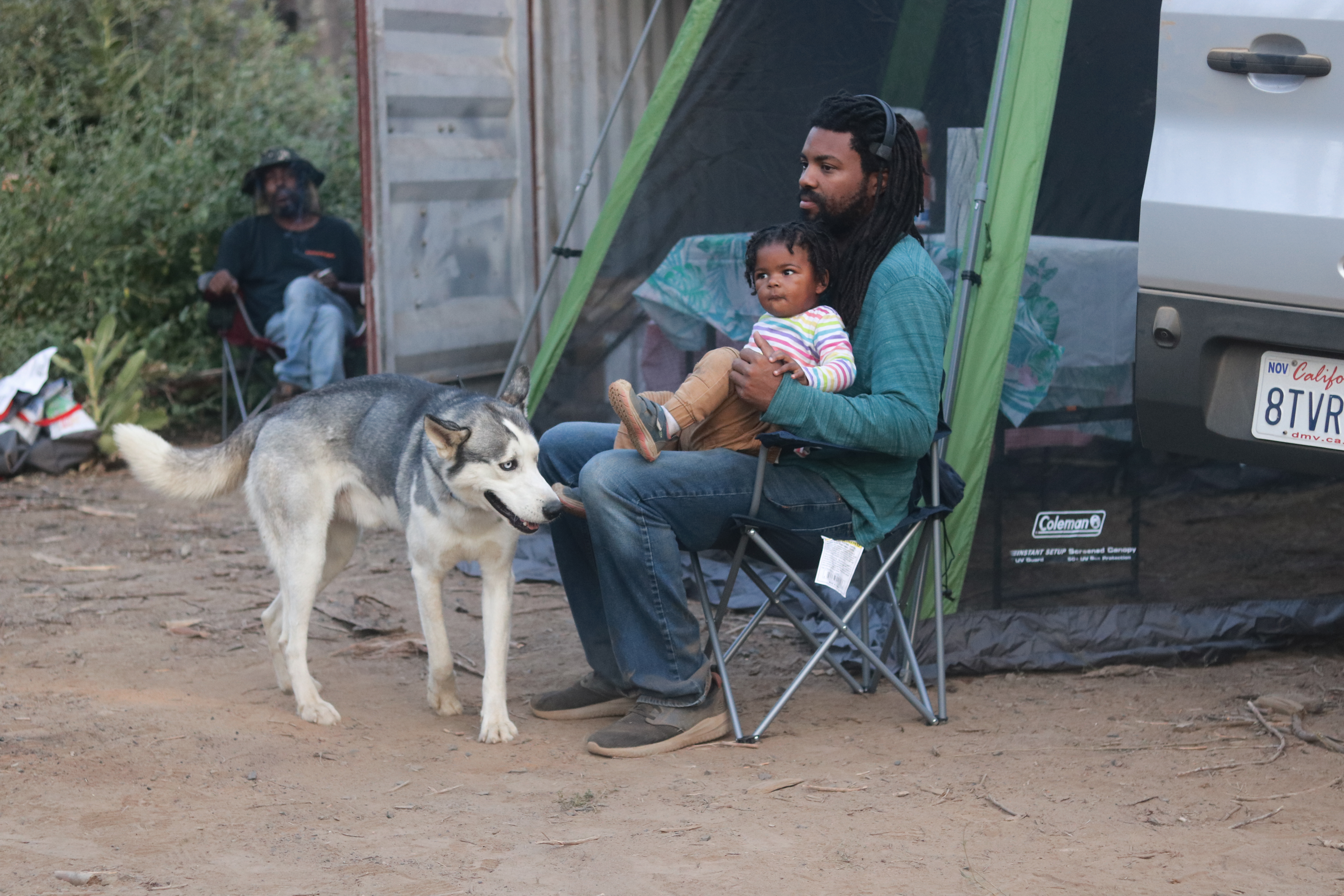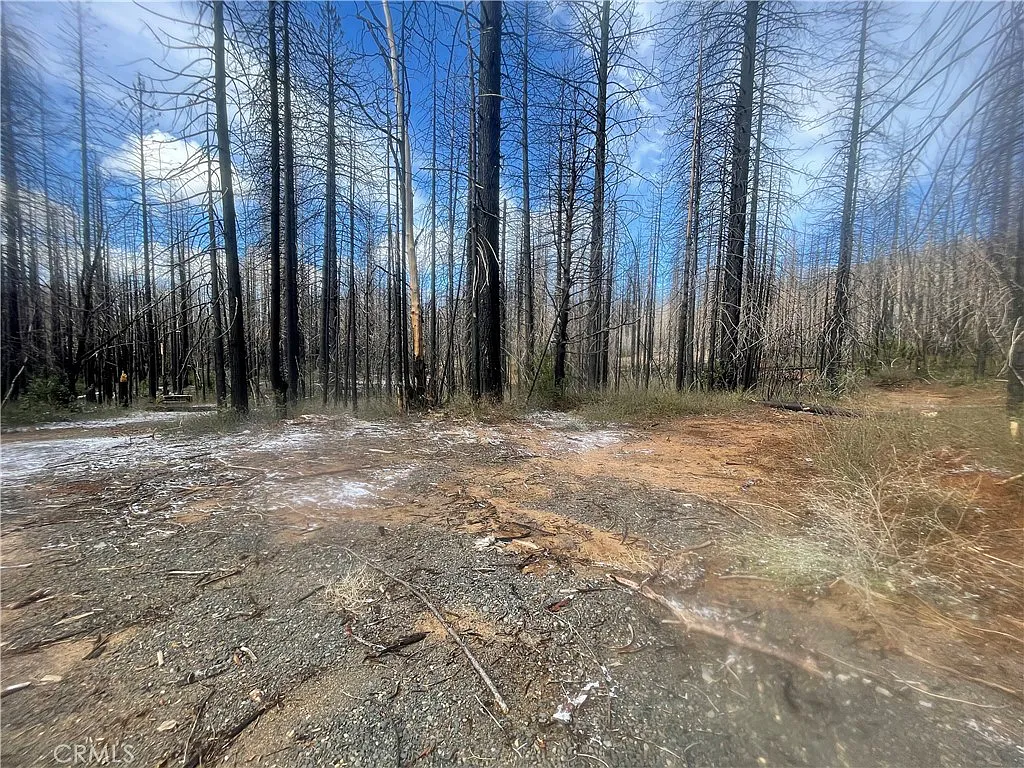Welcome to Oaxxanda
An black led land co-op
Oaxxanda Retreat: A Sanctuary of Holistic Healing and Restoration in Berry Creek, CA
Nestled in the serene landscapes of Berry Creek, California, Oaxxanda Retreat offers a unique experience designed to nourish the mind, body, and spirit. The retreat is a haven for those seeking holistic health and healing, featuring an array of activities that invite participants to reconnect with nature and themselves. Surrounded by lush forests, the retreat provides the perfect environment for rest, rejuvenation, and restoration.

From our blog
-

Understanding Land Co-ops: A Model for Sustainable Community Living
Land cooperatives (co-ops) represent a progressive approach to land ownership and management, where a community rather than an individual holds the title to the land. This model promotes sustainable living, shared responsibilities, and communal benefits, offering a unique alternative to traditional property ownership. Here’s a closer look at what a land co-op is and…
-
Crowdfunding Oaxxanda Berry Creek
Connection is Key — Help Us Grow a Living Sanctuary in Northern California At Oaxxanda Berry Creek, we believe connection—to nature, to ourselves, and to each other—is essential for well-being. With your support, we’re building a serene, community-powered retreat where people can learn, heal, and reconnect with the land. Every contribution helps us plant trees,…
-
Oaxxanda Berry Creek: A Sanctuary for Renewal and Connection
Nestled within the serene, unceded Konkow territory, Oaxxanda Berry Creek, in what is affectionately known as Black Mountain, is a breathtaking 10-acre land development brought to life by the Oaxxanda Cooperative. This pristine landscape, enriched by a crystal-clear, flowing creek, is flourishing into a beacon of rejuvenation, learning, and sovereignty for our people. A Place to Reconnect with Nature A sanctuary where…
-

Protected: The 2024 Oaxxanda Profit and Loss Projections document
There is no excerpt because this is a protected post.
-

The Network Economy: A Fungal Model for Oakland’s Economic Resilience
By Cordell Hayes of Oaxxanda & Ahava Celestial Order In nature, fungi operate as some of the most efficient systems of interconnected networks, with mycelium stretching beneath forests, connecting plants, trees, and soil in a vast underground web. This fungal network acts as a symbiotic mediator, redistributing resources to those in need while sustaining the…
-
-

Oaxxanda Cooperative Pitch
Oaxxanda is a cooperative that is deeply rooted in Oakland, CA. our goal is to create a thriving self sustainable community where residents can have the space to live and work or run a business. Currently we are developing a site at Berry Creek, Ca. site as an example of what can be replicated in…
-

Oaxxanda Co-op Land Cleanup
Oaxxanda Land Cleanup Camping Oaxxanda Cooperative is celebrating the acquisition and cleanup of our Berry Creek property. As part of this project, we are excited to introduce the planning of our Resilience Center at Berry Creek.This resilience hub, a key initiative of Oaxxanda, focuses on efficiency and sustainability. We are currently seeking the ideal design…
-
How to Start a Co-op in California: A Step-by-Step Guide
Starting a cooperative (co-op) in California is a rewarding endeavor that can provide economic and social benefits to its members and the broader community. Whether you’re looking to form a consumer co-op, worker co-op, producer co-op, or any other type, the process involves several key steps. This guide will walk you through the essential stages…
-
The Benefits of Joining Co-ops: Empowering Members and Communities
Cooperatives, or co-ops, are unique member-owned and democratically governed organizations that prioritize the needs and aspirations of their members over profit. Joining a co-op offers numerous advantages, from economic benefits to social and community engagement. This article explores the various benefits of joining cooperatives, highlighting how they empower individuals and strengthen communities. Economic Benefits Social…
-
Types of Co-ops: Empowering Communities Through Diverse Cooperative Models
By Oaxxanda Cooperatives, or co-ops, are member-owned and democratically controlled organizations that prioritize the needs and aspirations of their members over profit. They operate across various sectors, providing numerous benefits to their members and communities. Understanding the different types of co-ops is crucial for appreciating their versatility and impact. In this article, we explore the…


